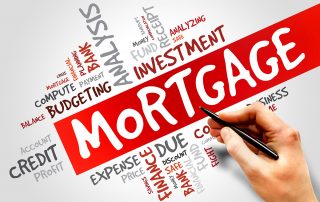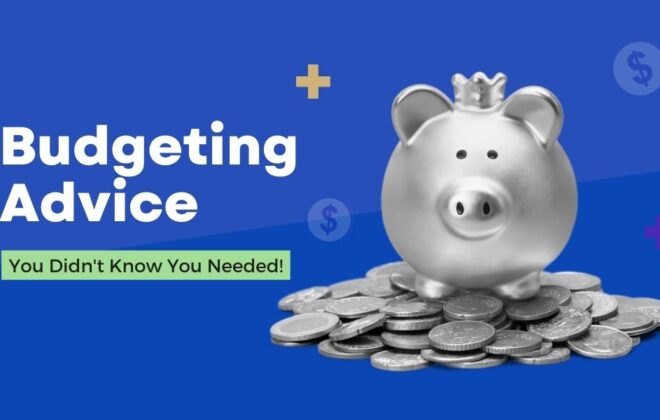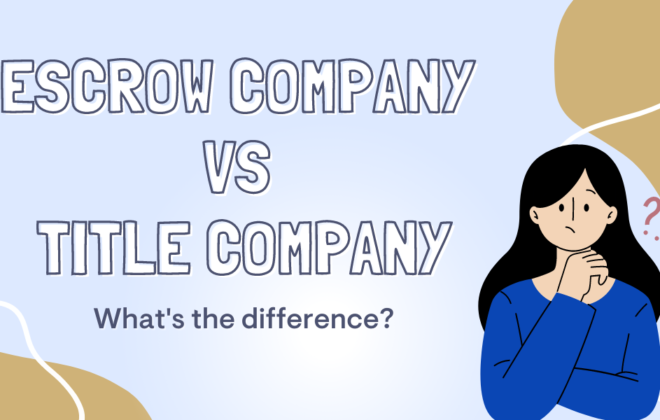How Do I Get a Mortgage When I’m Self-Employed
Mortgage Options for Self-Employed: A Comprehensive Guide
As most entrepreneurs, small business owners, and freelancers know, being self-employed can be a blessing and a curse. Yes, you can write off your lunches as a business expense and take advantage of a slew of tax breaks, but when it comes time to buy a home, all those shiny perks can lose their luster once the mortgage application process begins.
While finding a loan when you’re self-employed does come with its share of challenges, it is still very much a possibility with some prior planning. Also, know that there is no such thing as a “self employed mortgage.” You’ll still be applying for the same options as those who are traditionally employed.
You’re Not Alone: Self-Employed and Seeking a Mortgage
As recently as 2016, the number of self-employed Americans have grown to a staggering 15 million, according to a Pew Research Center Report. This accounts for around 10% of the overall workforce.
Research by PayScale found that the average self-employment pay rate is $24.52 an hour, which equates to roughly $50,000 a year. Despite falling right around the national average salary, it’s often more difficult for self employers to qualify for a loan than traditional employees because banks and lenders frequently want a minimum of two years’ worth of tax returns, and this documentation often inaccurately reflects the true net income of a self-employed home buyer.
If you’re a sole proprietor (the most common of self-employment classifications), you will file a Schedule C at tax time. On this form you will claim business expenses—and the Profit or Loss from Business form can drastically decrease your tax bill. However, large tax write-offs can make your income look far too low and may make lenders view you as being too high-risk.
While many self-employed people don’t claim wages in order to stow away some extra dough from good ol’ Uncle Sam, this type of reporting will show lower numbers for take-home income than what was actually earned. This can potentially affect your ability to get a loan because the reduced income increases your debt to income (DTI) ratio. Lenders will surely look at your DTI when deciding whether or not you qualify for a mortgage loan. When mortgage underwriters begin looking at your tax return, they want to see net income. For this reason, accurate reporting of your income is imperative to finding a mortgage.
Smooth Application: Planning Ahead
Unfortunately, if a tax return shows low income, the amount that can be borrowed will be negatively affected and can even result in rejection. However, in some cases, lenders will allow certain deductions to be added back to your income, such as depreciation on business equipment and hardware, large one-time expenses, home office deductions, and possibly even car payments.
Because your income as a self-employed worker is going to look significantly different than most borrowers, it’s advantageous to begin preparing your tax returns sooner rather than later. Here are a few simple ways to get the process started:
- Claim ALL of your income
- Write off fewer expenses
- Separate personal and business funds
- Show year over year financial growth
Documentation: The Key to Approval
Your lender may also prepare a 1084 Cash Flow Analysis form. This is an evaluation of income related to your self-employment. The purpose of this analysis is to “determine the amount of stable and continuous income that will be available to the borrower for loan qualifying purposes,” as stated by Fannie Mae.
In addition to your last two tax returns, it can also be beneficial to provide the following:
- A track record of regular work
- A good credit history
- Proof of money for a down payment
Moreover, it would behoove you to find a good accountant to help your thought this process. While a savvy number cruncher will find you as many write offs as legally possible, they’ll also know to slow their roll when you’re looking to get a mortgage. Furthermore, your accountant can help you compile the necessary documents for your broker and/or lender.
The Role of a Broker in Your Mortgage Journey
A mortgage broker can be invaluable to freelancers and small business owners, as they can provide options for mortgage and know upfront which lenders are willing to take the risk of a self-employed potential home buyer. Be sure to have ready two years of tax returns available when you speak to a broker for the first time. The information they gather from them will be a start to determining what type of loan you might consider. As a self employed person, time is money, and shopping around for the right mortgage will certainly take up a lot of time.
While there are a few more hoops to jump though, don’t be discouraged, just focus on getting organized. Our best recommendation is this: consult a qualified accountant and a mortgage broker to make the process as smooth as possible.
Our best recommendation is this: consult a qualified accountant and a mortgage broker to make the process as smooth as possible.
Mortgage Consultation Today!
Categories
- Credit (4)
- FHA Loans (3)
- Finances (3)
- First Time Home Buyers (6)
- Grab Bag (7)
- Home Technology (1)
- Homebuying Tips (17)
- Inspiration (1)
- Insurance (3)
- Interest Rates (3)
- Loan Process (1)
- Mortgage Financing (14)
- Motivation (1)
- News (1)
- Press Release (8)
- Renovation (2)
- Self Employed (1)
- Tips & tricks (1)
- Uncategorized (134)
- USDA Loans (1)
- VA Loans (2)




